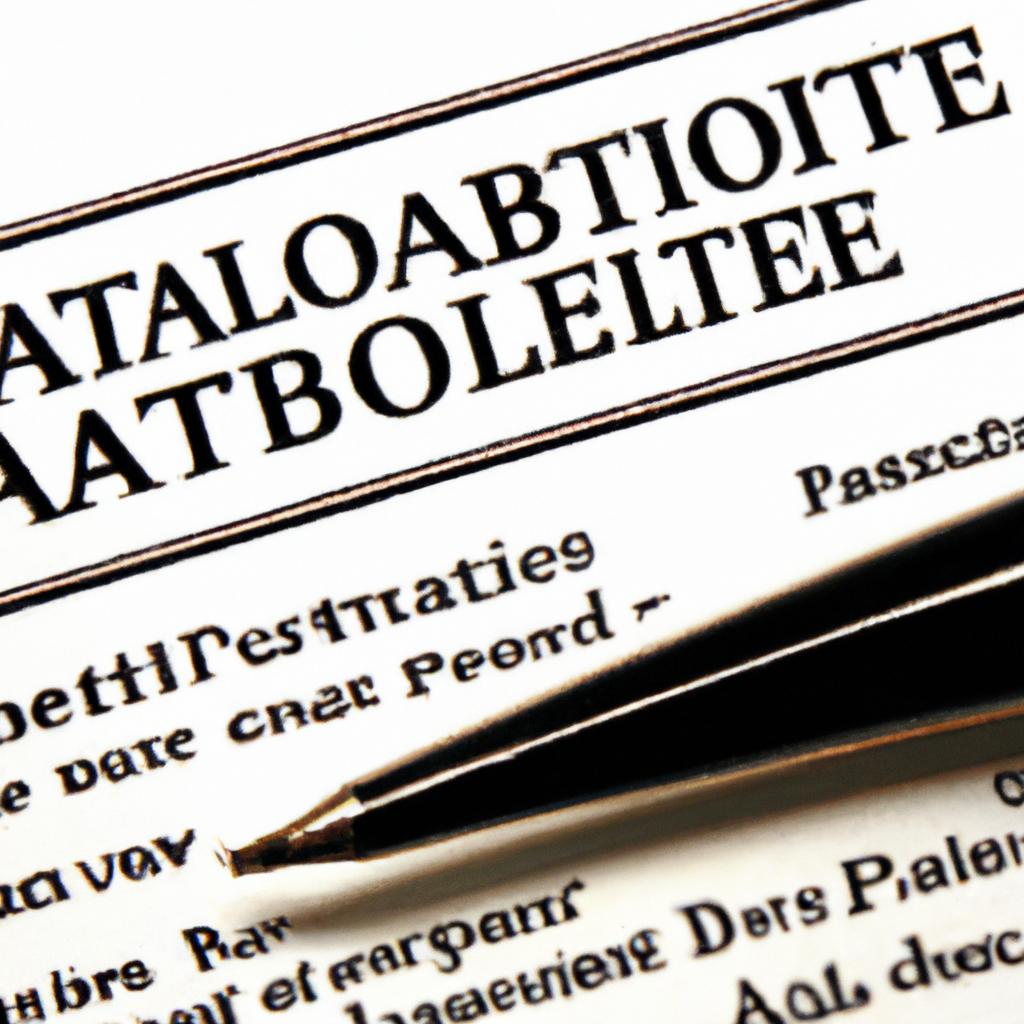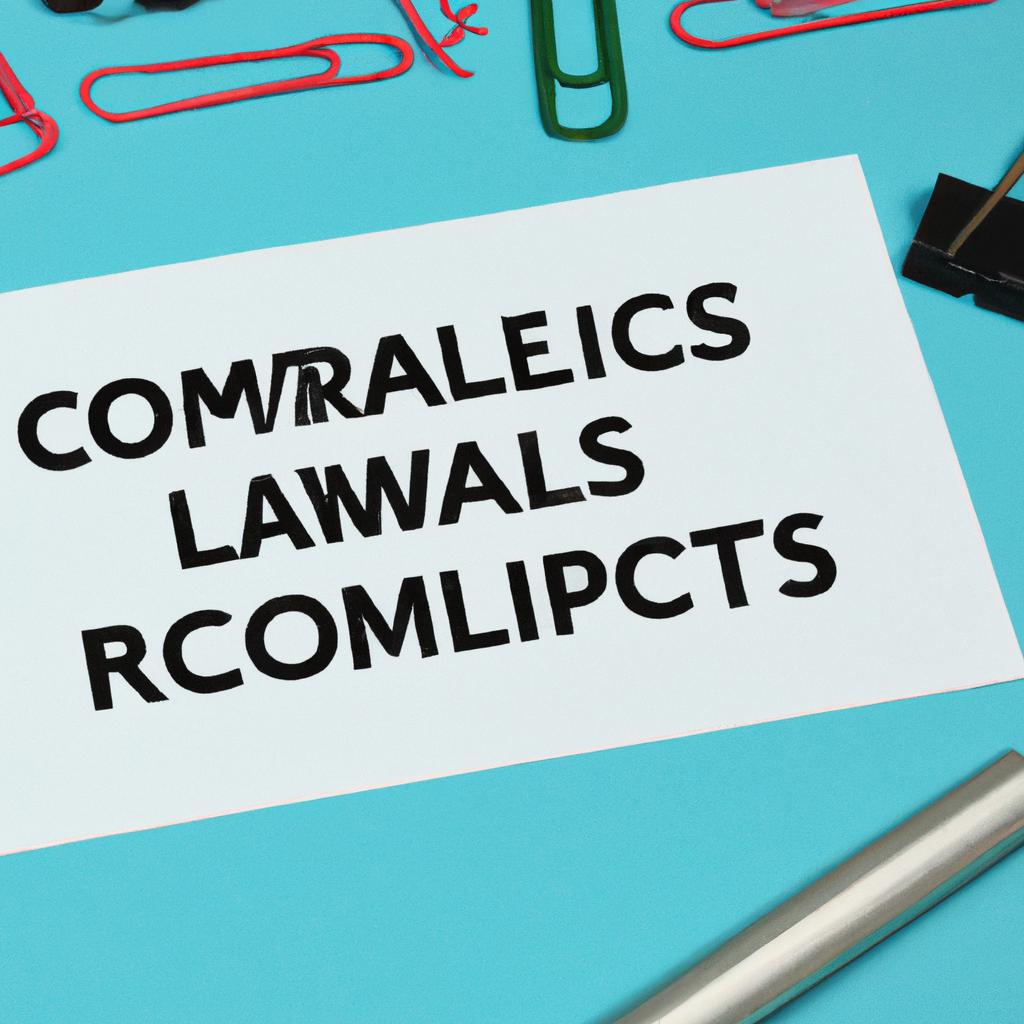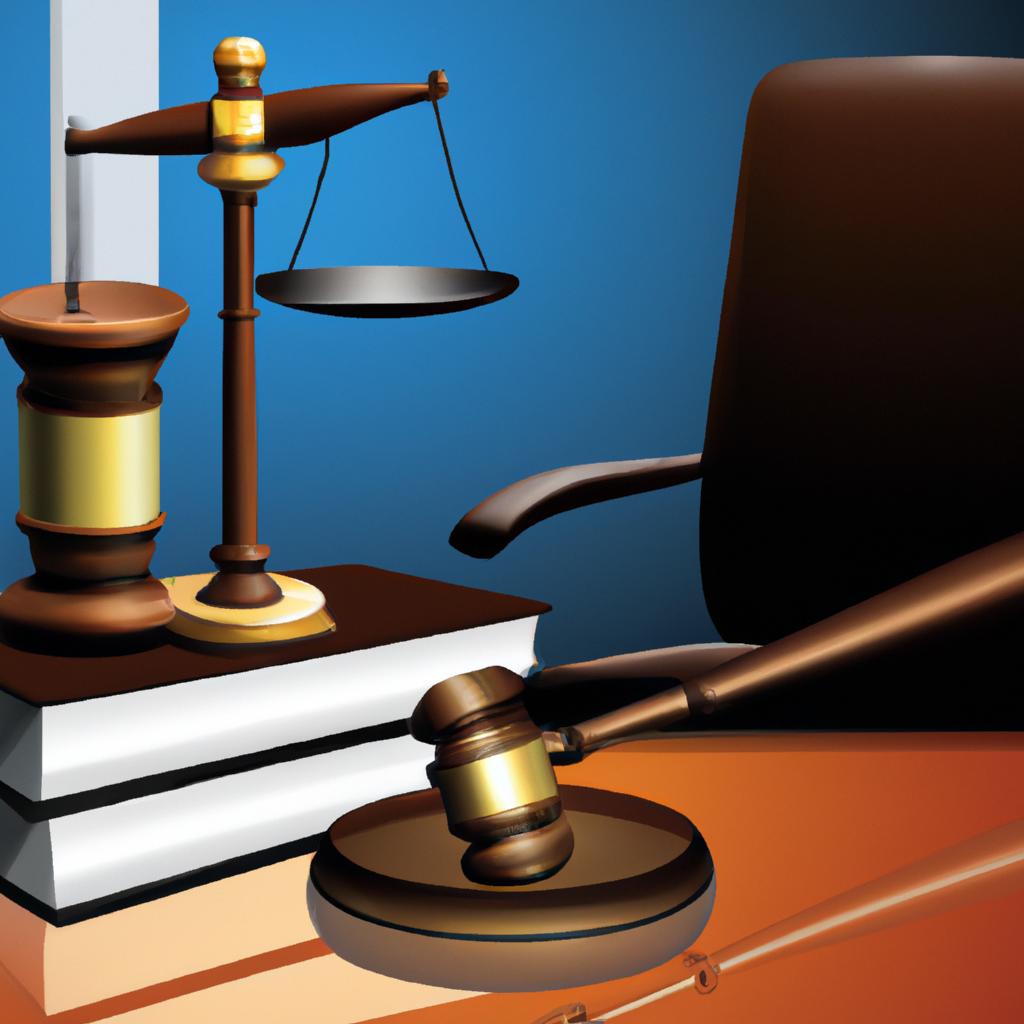When a loved one passes away, it can be a difficult and overwhelming time for those left behind. Navigating the legal and logistical requirements that come with the death of a family member can be confusing and stressful. At Morgan Legal Group in New York City, we specialize in estate planning, probate, elder law, Wills, and trusts, and we understand the complexities of dealing with the legalities of death. In this article, we will discuss the necessary steps to take when someone dies, providing guidance and clarity during this challenging time.
Understanding the Legal Process Following a Loved One’s Passing
When a loved one passes away, it is essential to understand the legal process that follows in order to properly handle their affairs. One of the first steps you should take is to determine if the deceased had a Will. If a Will exists, it will outline how the deceased wanted their assets to be distributed. If no Will is found, state laws will determine how the assets are divided.
- Notify the appropriate authorities: Notify the Social Security Administration, the deceased’s employer, and any relevant organizations of the death.
- Obtain death certificates: You will need multiple copies of the death certificate to close bank accounts, cancel credit cards, and transfer assets.
- Contact an attorney: Consulting with a probate attorney can help you navigate the legal process and ensure that the deceased’s wishes are carried out.
| Notify Authorities | Notify Social Security Administration |
| Obtain Death Certificates | Multiple copies needed |
| Contact Attorney | Consult probate attorney |
Overall, can be overwhelming. It is essential to seek help from professionals, such as our team at Morgan Legal Group in New York City, who specialize in estate planning, probate, elder law, wills, and trusts. We can guide you through the necessary steps to ensure that your loved one’s final wishes are honored and their estate is distributed according to the law.
- Locate the Will: Search for the deceased’s Will to determine their wishes for distributing their assets.
- Inventory assets: Compile a list of the deceased’s assets and debts to determine the value of their estate.
- Probate process: The probate process involves proving the validity of the Will and distributing the assets according to the deceased’s wishes or state law.

Navigating the Probate Process for Handling an Estate
When someone passes away, their estate must go through the probate process in order to distribute their assets to heirs and settle any debts. It can be a complex and time-consuming process, but with the right guidance, it can be navigated smoothly. Here are some key steps to take when handling an estate:
- 1. Gather necessary documents, such as the will, death certificate, and financial statements.
- 2. Determine if probate is necessary based on the size of the estate and state laws.
- 3. File the will with the probate court and notify creditors and heirs.
- 4. Inventory the assets of the estate and appraise their value.
Navigating the probate process requires attention to detail and a thorough understanding of the laws governing estates. At Morgan Legal Group, our experienced team can guide you through each step of the process, ensuring that your loved one’s estate is handled with care and professionalism.Trust our team of experts to help you navigate the probate process and ensure that your loved one’s final wishes are carried out with ease and efficiency. Contact Morgan Legal Group today for a consultation and let us help you through this difficult time.
Key Steps to Take in Administering a Deceased Individual’s Will
When a loved one passes away, it is essential to know the key steps to take in administering their will. First and foremost, it is crucial to locate the original will of the deceased individual. This document will outline their final wishes and instructions for distributing their assets. If the original will cannot be found, it may be necessary to work with an attorney to determine the next steps.
- Locate the original will of the deceased individual.
- Work with an attorney if the original will cannot be found.
- Review the will to understand the deceased individual’s final wishes.
| Key Steps |
|---|
| Locate the original will |
| Work with an attorney |
| Review the will |
Once the will has been located and reviewed, the next step is to probate the will. This legal process involves submitting the will to the probate court to validate its authenticity and appoint an executor to carry out the deceased individual’s wishes. It is essential to follow all legal requirements and deadlines during the probate process to ensure a smooth administration of the deceased individual’s estate.
- Probate the will through the court.
- Follow all legal requirements and deadlines.
- Appoint an executor to carry out the deceased individual’s wishes.

Ensuring Compliance with Applicable Laws and Regulations
After the passing of a loved one, there are certain legal obligations that must be fulfilled to ensure compliance with applicable laws and regulations. Firstly, it is crucial to obtain a death certificate from the relevant authorities. This document is essential for various legal purposes, including settling the deceased’s estate and notifying government agencies, financial institutions, and other organizations of the individual’s passing.
Next, it is important to review the deceased’s estate plan, if one exists. This may include a Last Will and Testament, Trust documents, and other relevant legal instruments. A thorough examination of these documents will help determine the distribution of assets and the appointment of executors, trustees, and beneficiaries. Additionally, seeking legal advice from a knowledgeable attorney, such as those at Morgan Legal Group in New York City, can provide guidance on navigating the probate process and ensuring that all legal requirements are met with precision and care.
| Document | Importance |
|---|---|
| Death Certificate | Essential for legal purposes |
| Estate Plan | Determine asset distribution |
| Legal Advice | Guidance through probate process |
Q&A
Q: What do you have to do when someone dies?
A: When someone passes away, there are several practical and legal tasks that need to be addressed.
Q: What is the first step to take when someone dies?
A: The first step is to notify the appropriate authorities, such as the police or emergency services, if the death was unexpected or if medical attention is required.
Q: What should be done with the deceased person’s belongings?
A: It is important to secure and safeguard the deceased person’s belongings until arrangements can be made for their distribution or disposal.
Q: Who should be contacted following a death?
A: Family members, friends, and the deceased person’s employer should be notified of the death. It is also important to contact the deceased person’s doctor and any relevant organizations or institutions.
Q: What legal documents need to be handled after a death?
A: Legal documents such as the deceased person’s will, insurance policies, and any relevant financial records should be located and reviewed. It may also be necessary to obtain a death certificate.
Q: What are the next steps in arranging a funeral or memorial service?
A: Once the necessary legal and practical tasks have been completed, arrangements can be made for a funeral or memorial service. This may involve choosing a funeral home, selecting a burial plot or cremation services, and notifying family and friends of the details.
Q: Are there any additional considerations to keep in mind when someone dies?
A: It is important to take care of one’s own emotional and mental wellbeing during this difficult time. Seeking support from friends, family, or a counselor can help navigate the grieving process. Additionally, it may be necessary to consider the deceased person’s wishes for their final arrangements and to honor them accordingly.
Closing Remarks
In conclusion, dealing with the loss of a loved one is never easy, but knowing what steps to take can help navigate the difficult process of handling their affairs. Remember to take care of yourself and lean on the support of others during this challenging time. By following the necessary protocols and seeking guidance from professionals, you can ensure that your loved one’s final wishes are honored and their legacy is preserved. Though the road ahead may be fraught with emotions, may you find solace in the memories and the impact they have left behind.
 “What to Do When Someone Dies: A Comprehensive Guide”
“What to Do When Someone Dies: A Comprehensive Guide”
Losing a loved one is never easy. Not only do we have to cope with our grief, but we also have to navigate through the practicalities and legalities that come with death. While this can be overwhelming, it is important to have a clear understanding of what needs to be done when someone dies. In this guide, we will walk you through the steps you should take when a loved one passes away.
First and foremost, it is essential to take care of yourself and your loved ones during this difficult time. Surround yourself with a support system, whether it be family, friends, or a support group. It is crucial to prioritize your mental and emotional well-being during this period of mourning.
Once you have taken time to grieve and process your loss, it is time to begin the steps of handling the necessary tasks. Below, we have outlined a comprehensive guide on what to do when someone dies.
1. Obtain a Death Certificate
The first step after someone passes away is to obtain a death certificate. This document is essential for many legal and financial matters. You can obtain the death certificate from the funeral home or the county vital records office where the death occurred. It is advisable to obtain multiple copies as you will need them for various purposes.
2. Notify the Appropriate Parties
Once you have the death certificate, the next step is to inform close family members and friends. You can also request the funeral home to notify relatives and friends on your behalf. It is also important to inform the deceased’s employer, insurance companies, government agencies, and any other relevant parties.
3. Make Funeral Arrangements
If the deceased has not already made arrangements, you will need to plan the funeral or memorial service. This can include choosing a funeral home, deciding on the type of service, and selecting a burial or cremation option. You can also consider including personal touches to honor your loved one’s life.
4. Secure the Deceased’s Property
Securing the deceased’s property is crucial to prevent any theft or damage. You can request a trusted family member or friend to stay in the house or hire a professional security service. It is also important to cancel any deliveries or services that the deceased may have had, such as newspaper subscriptions or cleaning services.
5. Review the Will and Handle the Estate
If the deceased had a will, it is crucial to review it and follow the instructions outlined. If there is no will, the estate will go through the process of probate, where the court will determine how to distribute the assets. It is advisable to seek legal guidance to ensure the proper handling of the estate.
6. Notify Creditors and Close Accounts
It is important to notify creditors and close any accounts the deceased may have had, such as credit cards, bank accounts, and utility services. This will prevent any fraudulent activity and help with the estate’s administration.
7. Settle Outstanding Debts and Taxes
The deceased’s debts and taxes need to be resolved before the assets can be distributed to the beneficiaries. This can include outstanding credit card bills, mortgage payments, and any other outstanding loans. You may need to seek professional advice to ensure all debts and taxes are appropriately settled.
8. Transfer Assets and Change Titles
Once all debts and taxes have been settled, it is time to transfer the assets to the beneficiaries. This can include property, bank accounts, and investments. You may need to provide a copy of the death certificate and any necessary legal documents.
9. Consider Legal and Financial Support
Dealing with the legal and financial aspects of a loved one’s death can be overwhelming and confusing. It is advisable to seek legal and financial advice from professionals who can guide you through the process and ensure everything is handled appropriately.
10. Take Care of Yourself and Your Loved Ones
It is essential to continue taking care of yourself and your loved ones during this time. Along with grief, there may be additional responsibilities and stressors to manage. Make sure to prioritize your physical and emotional well-being.
In conclusion, when someone dies, it is important to take care of yourself, notify the appropriate parties, make funeral arrangements, secure the deceased’s property, review the will, handle the estate, settle debts and taxes, transfer assets, and seek legal and financial support. While this can be a challenging and emotionally exhausting process, it is crucial to handle it effectively to ensure the deceased’s wishes are fulfilled. Take the time to grieve and seek support during this difficult time.

